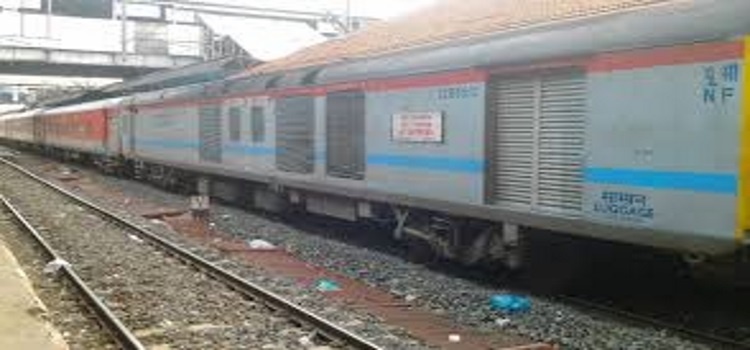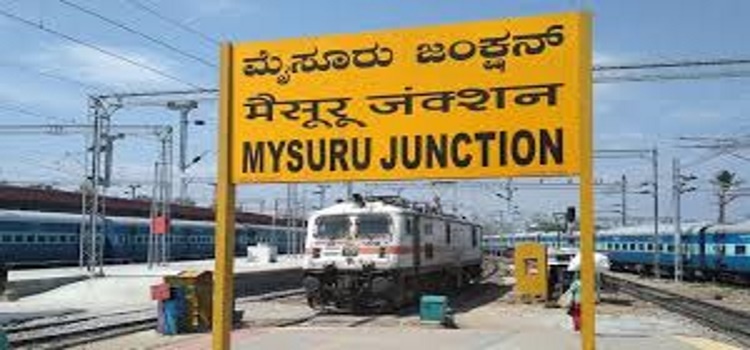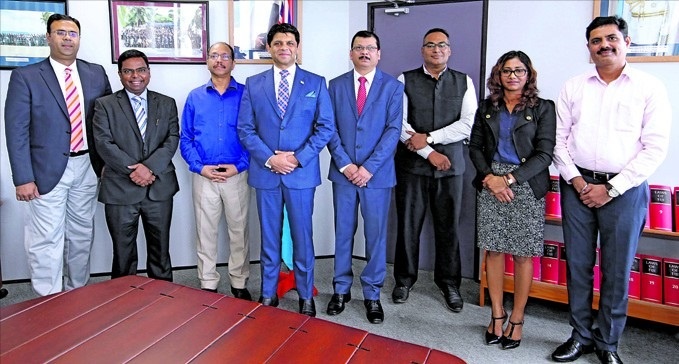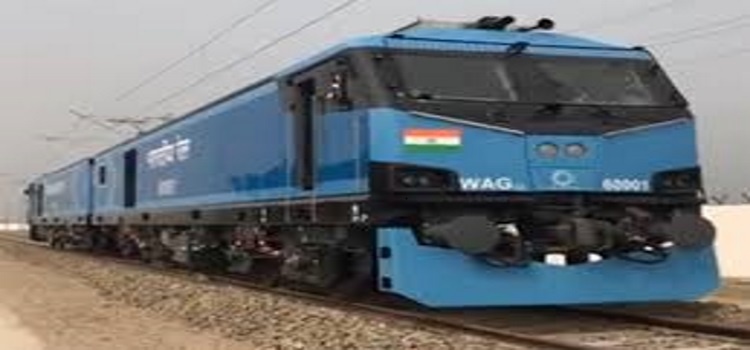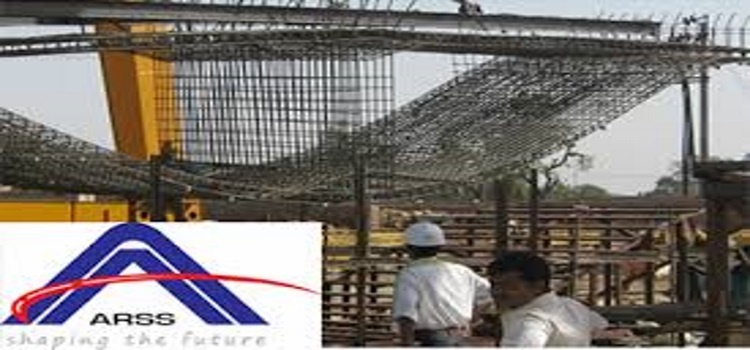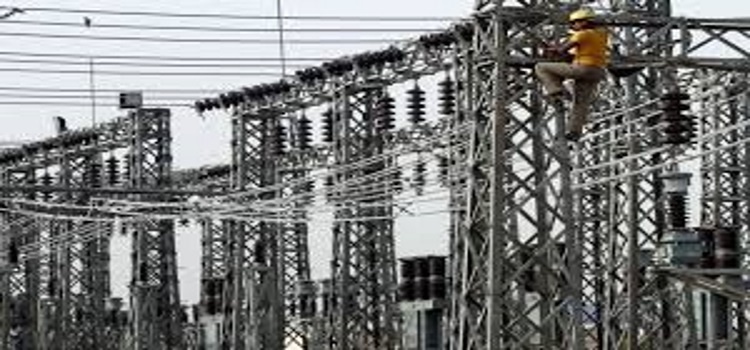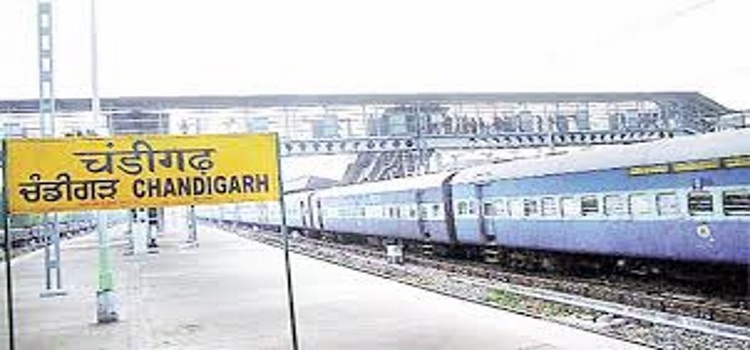
With the land acquisition in final stages, the work on the Chandigarh to Baddi Railway line will be started soon.
Shimla Member of Parliament Virender Kashyap on Sunday said that the railways will soon start the construction work on this prestigious rail line, once the land acquisition process is completed.
He said that the railway authorities have completed the final location survey of 33.5-km long Chandigarh to Baddi railway line and alignment fixed on ground.
He said that the Northern Railways General Manager Vishwesh Chaube has in a written communiqué intimating him that Rs 1,540 crore cost Chandigarh-Baddi railway line to be laid on 345 bighas land is passing through Haryana and Himachal Pradesh (27.5 hectares in HP and 52.5 Hectares in Haryana).
“The land processing process is in progress in both the states. The negotiations in Himachal Pradesh have been completed and rates sent to Himachal Pradesh government for approval. Haryana government has started the process of transfer of government land to railways and negotiations will private land owners will start soon,” he said.
The physical execution of railway line will be started immediately after land acquisitions proceedings are completed in both state, he added.
With nearly 2,000 industrial units located in the Baddi-Barotiwala-Nalagarh industrial area, the rail link is a dire necessity and its significance has enhanced after the Container Corporation of India had set up an inland freight station, said he.
Virender Kashyap further said the railway authorities had also informed him that the Dehradun via Nalagarh-Baddi-Barotiwala- Kala Amb-Paonta Sahib preliminary Engineering cum Traffic survey has been completed and survey report is submitted with railways board for final approval.
Kashyap requested the railways authorities to expedite the work on pending railways projects in Shimla Region which has great potential of expansions due to increasing demand of railways services mainly during tourist season.
He also demanded playing of luxury coaches on Kalka Shimla railways line during tourist season to attract high end tourist and provide quality transport services to both domestic and international tourists.
At present there are three rail motor cars available for operations at World Heritage Kalka Shimla railways line out of which one rail motor car is being utilized at present as passenger service and other rail motor cars are utilized during peak seasons to meet the growing demand of services mainly during tourist seasons.


